Eddie Izzard Is Close To Completing Mammoth '27 Marathons In 27 Days' Challenge
By Stephanie Chase in Movies / TV / Theatre on 16 March 2016
Izzard is raising money for Sport Relief with the Nelson Mandela-inspired challenge.
For Eddie Izzard the finish line is drawing closer as he approaches the final leg of his gruelling 27 marathons in 27 days challenge for Sport Relief. Izzard passed the 20 marathon mark on Monday and on Thursday he will pass Robben Island, the site where Nelson Mandela was imprisoned for 18 years.
 Eddie Izzard is close to completing his marathon challenge.
Eddie Izzard is close to completing his marathon challenge.
Izzard’s challenge is a tribute to the late South African leader, who spent 27 years in prison. The final destination for Izzard on Sunday will be The Union Buildings in Pretoria where Mandela gave his first speech as the first democratically elected president of South Africa.
By Tuesday the comedian had raised £418,393 for Sport Relief and said he’s been channeling Mandela's positivity to get through the challenge and hopes he can inspire others. "Twenty marathons, that's 840 kilometres, about 500 miles, there's only seven to go!” Izzard said.
"What I am trying to do is show that in life you can do positive things and inspire people. He inspired me - and other positive inspirations around the world. If I can do this - 27 marathons in 27 days - then other people can say, 'Hey, well, he's doing that, I can do something else', and then we spread the positivity around.”
More: Eddie Izzard's 27 For 27: New Sport Relief Marathon Challenge Honours Mandela
Izzard also explained how he believes that coming out as transgender 31 years ago gave him gave him the confidence he needed to take on any challenge in life. “I came out as transgender 30 years ago and that was tricky to do,” Izzard told the Guardian.
“It sounds bizarre but, ever since that point, I’ve been able to do quite difficult things. Walking out of the door wearing heels and makeup was so hard. I had to get my brain ready to do that. But it prepared me for everything else difficult that I’ve ever done in my life.”
The 54-year-old added that his only advice for marathon runners is, ‘listen to your body.’ “We’re animals, but we’ve stopped listening to ourselves, so if something is aching stop pushing against the muscle; if you want to keep going, then walk it out or change the way you’re running,” Izzard said. “But listen to the signals.”
You can follow Izzard’s journey across South Africa at BBC3 online.
Contactmusic
Movies and Trailers
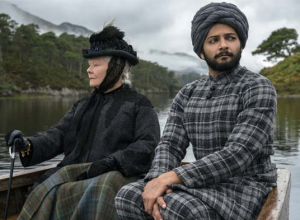
Victoria & Abdul Movie Review
Essentially a sequel to the 1997 hit Mrs Brown, this film returns Judi Dench to...
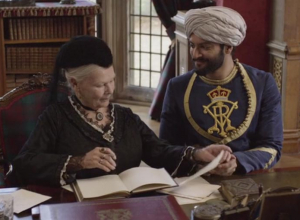
Victoria And Abdul Trailer
Queen Victoria was one of the United Kingdom's most loved monarchs. She ruled over her...
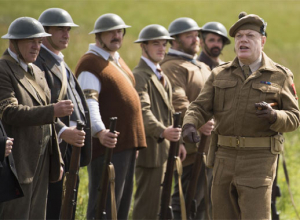
Whisky Galore! Movie Review
Scottish filmmaker Gillies MacKinnon (Hideous Kinky) remakes the 1949 Ealing comedy classic, although it's difficult...

Rock Dog Trailer
Bodi is a Tibetan Mastiff who's tired of his life on Snow Mountain where his...
Advertisement
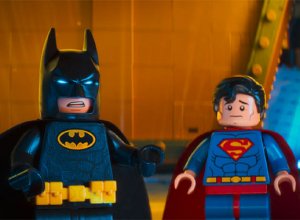
The Lego Batman Movie Movie Review
A spin-off from 2014's awesome The Lego Movie, this raucously paced action-comedy is proof that...

Absolutely Anything Movie Review
Simon Pegg continues his rollercoaster career, alternating between superior blockbuster franchises (Mission: Impossible and Star...
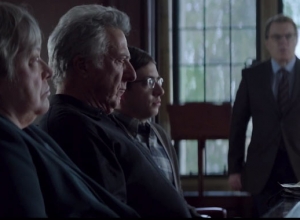
The Choir Trailer
Stet is just 11-years-old and struggling to come to terms with his mother's death. He...
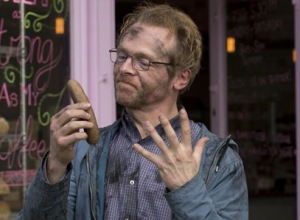
Absolutely Anything Trailer
If you could change absolutely anything in the world, what would it be? This is...

Believe: The Eddie Izzard Story Movie Review
This biographical doc about the comedian-actor contains such a wealth of old footage that it's...
Advertisement











